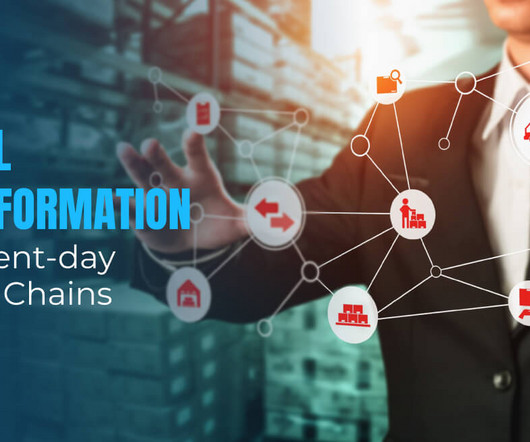Ford’s high-tech business transformation, fueled by cloud
CIO
JANUARY 26, 2024
Fueled by cloud Ford’s cloud journey, which began roughly a decade ago, continues to this day, Musser says, as the automaker seeks to take advantage of advances in the key technologies fueling its transformation, including the internet of things (IoT), software as a service, and the latest offerings on Google Cloud Platform (GCP).















Let's personalize your content